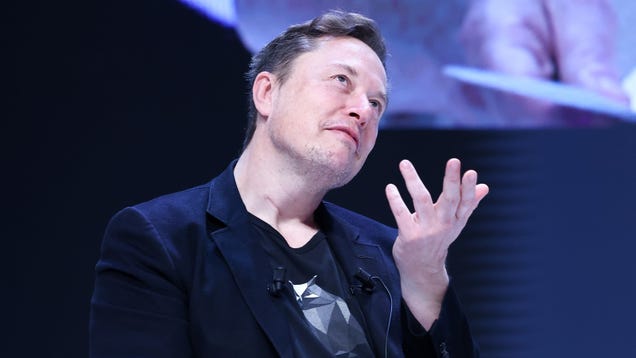Elon Musk’s Legal Landscape: Navigating the Challenges of Innovation
Understanding Elon Musk’s Legal Battles
Elon Musk, the CEO of Tesla and SpaceX, is no stranger to the courtroom. His ventures have often placed him at the intersection of innovation and regulation, leading to a series of legal challenges that reflect the complexities of modern entrepreneurship. From disputes over his compensation to allegations of insider trading, Musk’s legal entanglements offer a fascinating glimpse into the challenges faced by high-profile executives in the tech industry.
Recent litigation has focused on Musk’s claims regarding Tesla’s self-driving capabilities. While Musk has touted Tesla’s advancements in autonomous driving technology, these claims have drawn scrutiny and legal challenges. In a recent case, Musk celebrated a legal victory concerning these assertions, but the implications of such claims extend far beyond the courtroom.
The Implications of Self-Driving Claims
Musk’s assertions about Tesla’s self-driving technology have significant implications for consumers, investors, and regulatory bodies. The promise of fully autonomous vehicles has captivated the public imagination and spurred investment in the sector. However, the reality of achieving true autonomy is fraught with challenges. According to a 2023 study by the Insurance Institute for Highway Safety, while advanced driver-assistance systems (ADAS) can enhance safety, they are not foolproof and can lead to over-reliance by drivers.
This disconnect between expectation and reality has led to legal scrutiny. In Musk’s case, the legal victory may provide temporary relief, but it raises questions about accountability and transparency in the tech industry. As companies like Tesla push the boundaries of innovation, the need for clear communication about the capabilities and limitations of their technologies becomes paramount.
Navigating Conflicts of Interest
Musk’s legal challenges also include allegations of conflicts of interest between his various ventures. With interests spanning electric vehicles, space exploration, and even tunneling, the potential for conflicts is significant. A recent lawsuit highlighted concerns over Musk’s dual roles and how they may impact shareholder interests. This case underscores the importance of corporate governance and ethical decision-making in maintaining investor trust.
Experts suggest that as companies grow and diversify, establishing clear boundaries and governance structures becomes essential. According to a report from the Harvard Business Review, effective governance can mitigate risks associated with conflicts of interest and enhance organizational integrity. For Musk, navigating these waters is crucial not only for Tesla’s reputation but also for maintaining investor confidence.
The Role of Regulation in Innovation
As Musk continues to innovate, regulatory bodies are grappling with how to manage emerging technologies. The rapid pace of innovation in the automotive and tech sectors often outstrips existing regulations, creating a challenging environment for both companies and regulators. The National Highway Traffic Safety Administration (NHTSA) has been actively monitoring Tesla’s self-driving claims, emphasizing the need for robust safety standards.
The interplay between innovation and regulation is a delicate balance. While regulations are necessary to ensure safety and accountability, overly stringent measures can stifle innovation. A recent study by the Brookings Institution found that regulatory uncertainty can hinder investment in emerging technologies, suggesting that a collaborative approach between innovators and regulators may yield the best outcomes.
Learning from Musk’s Journey
Elon Musk’s legal battles serve as a case study in the complexities of leading a transformative company. His experiences highlight the importance of transparency, ethical governance, and proactive engagement with regulatory bodies. As the tech landscape continues to evolve, other entrepreneurs can glean valuable lessons from Musk’s journey.
For aspiring innovators, the key takeaway is the necessity of aligning ambitious goals with responsible practices. As companies push the boundaries of what is possible, they must also prioritize accountability and ethical considerations. By doing so, they can foster trust among stakeholders and navigate the legal landscape more effectively.
In conclusion, Elon Musk’s legal challenges are emblematic of the broader issues facing the tech industry today. As innovation accelerates, the need for clear communication, ethical governance, and regulatory collaboration will only grow. By understanding these dynamics, both entrepreneurs and investors can better navigate the complexities of the modern business landscape.

